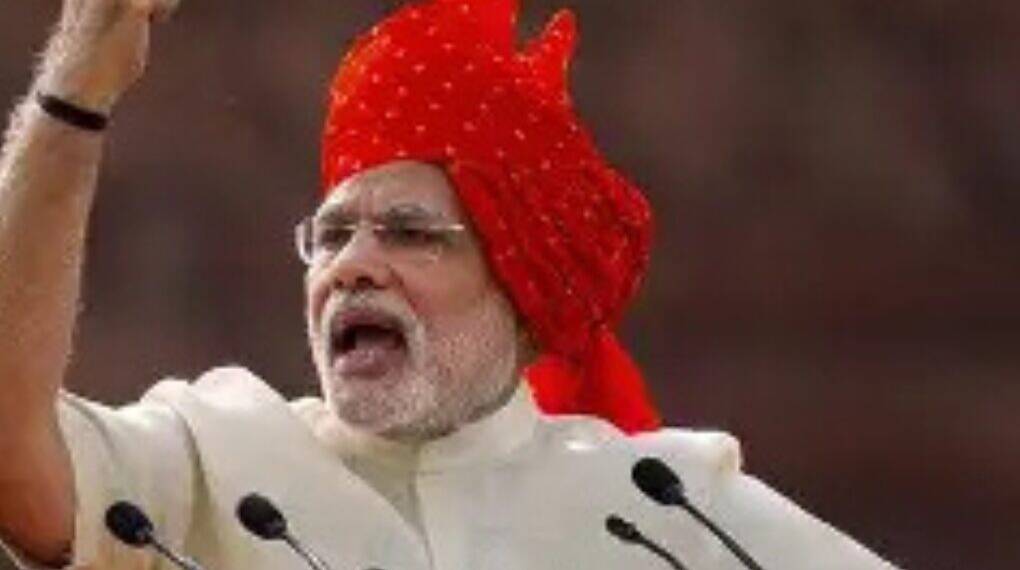India is emerging not only as a fast-growing economy but also as a civilizational force that is reshaping the global order on its terms. With a projected growth rate of 6.6% for the 2024–2025 fiscal year, the country now leads all major economies, leaving behind China, the United States, and Germany. Yet its ambitions go beyond economic success—it seeks autonomy, respect, and a redefinition of international norms.
While Europe struggles to align its values with its global strategies, India is carving its path. The country is engaging with the world on multiple fronts—joining hands with the United States, Japan, and Australia in the Quad, while also playing a vital role in BRICS alongside Russia and China. But India refuses to be constrained by alliance-driven geopolitics. Instead, it practices strategic autonomy—cooperating where it aligns with its interests, without submitting to ideological expectations.
Germany and other European nations have long underestimated India’s aspirations. Political scientist Amrita Narlikar observes that Europe often fails to see India as a civilizational power with a distinct worldview. Despite shared values in areas such as climate protection, cybersecurity, and digital infrastructure, cooperation remains limited and slow. The Indo-German hydrogen initiative and the long-delayed EU-India free trade agreement—now expected to conclude in 2025—are steps forward, but they lag behind India’s pace.
India’s resistance to Western double standards is also increasingly vocal. Foreign Minister S. Jaishankar has openly criticized the West’s inconsistent application of democratic principles, highlighting how the same actions by Western and non-Western nations are judged differently. This sentiment resonates across India’s diplomatic engagements, where it demands fairness and a genuine voice in global governance structures, including reforming the UN Security Council.
With a young population and pioneering digital platforms such as India Stack, India’s internal momentum complements its external assertiveness. Yet Europe remains slow to adapt. Germany, for instance, lags in security partnerships and still imposes restrictive hurdles for Indian skilled professionals, undermining its diversity rhetoric.
The call is clear: India seeks genuine partnership, not patronage. As Narlikar stresses, Europe must invest—politically, economically, and intellectually—if it wishes to remain relevant. India is not waiting. It is forging deeper ties with France, the Gulf, Southeast Asia, and Africa. The time for Europe to listen, not lecture, is now.








